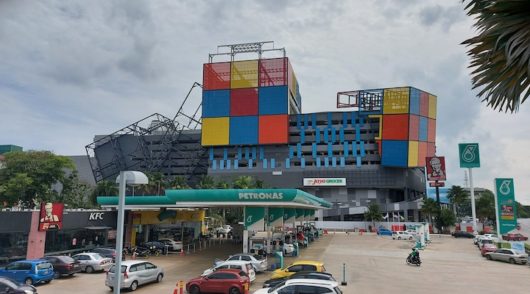Retailer Kik Germany, the only client of a Pakistan clothing factory in which 250 workers perished four years ago, has paid out US$5 million compensation to victims and their families.
The agreement has been described by workers rights group Clean Clothes Campaign as “a landmark compensation arrangement,” announced on September 11, the anniversary of the fire, Pakistan’s worst industrial accident.
Workers at the Ali Enterprises garment factory in Karachi were burnt to death trapped behind barred windows and locked doors. Others jumped for their lives from the upper floors, sustaining permanent disabilities.
German retailer Kik, Ali Enterprises’ only known customer, has now agreed to pay an additional $5.15 million to fund loss of earnings, medical and allied care, and rehabilitation costs to the injured survivors and dependents of those killed in the disaster.
Previously Kik had paid $1 million to a relief fund after signing a Memorandum of Understanding (MoU) with Pakistani labour organisation Piler in December 2012 in which it also committed to funding long-term compensation for victims.
The new agreement follows negotiations facilitated by the International Labour Organization (ILO) between IndustriAll, CCC, and Kik, at the request of the German Federal Ministry of Economic Cooperation and Development.
Saeeda Khatoon, VP of Ali Enterprise Factory Fire Affectees Association, lost her only son in the fire. She said: “It is a day of respite for the victims’ families as their cries have been heard. We know that our nearest and dearest will never come back, but we hope that this kind of tragedy will never ever happen again. The government, brands and factory owners must seriously observe labour and safety standards in factories.”
Just weeks before the fatal fire, Ali Enterprises received SA 8000 certification from the auditing firm Social Accountability International, meaning it had purportedly met international standards in nine areas, including health and safety.
“The ensuing tragedy underlines the failure of social auditing models and raises serious concerns about the standard of safety inspections in Pakistan as well as the implementation of labour laws and building safety codes,” said Ineke Zeldenrust of Clean Clothes Campaign.
“We very much welcome Kik’s recognition of its duty to provide remedy. This arrangement is an excellent example of how buyers can and should take responsibility for workplace related deaths and injuries in their supply chain, especially in countries where workplaces are known to be unsafe. Garment workers in Pakistan continue to be at risk. All buyers must now focus on ensuring that proper and effective due diligence and remediation measures are put in place in order to prevent terrible incidents like these in the future.”
* Photo: Anwar Abbas.






